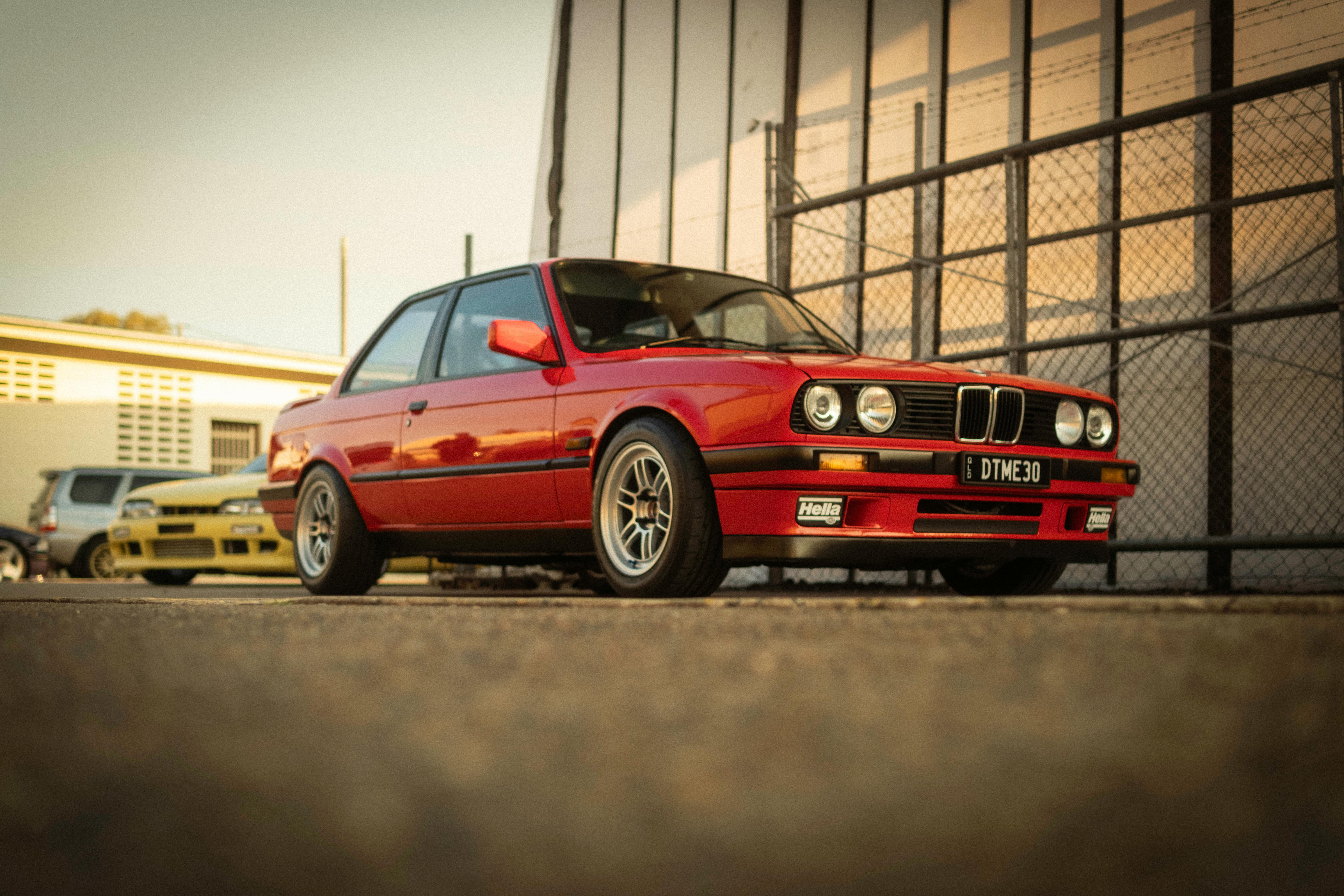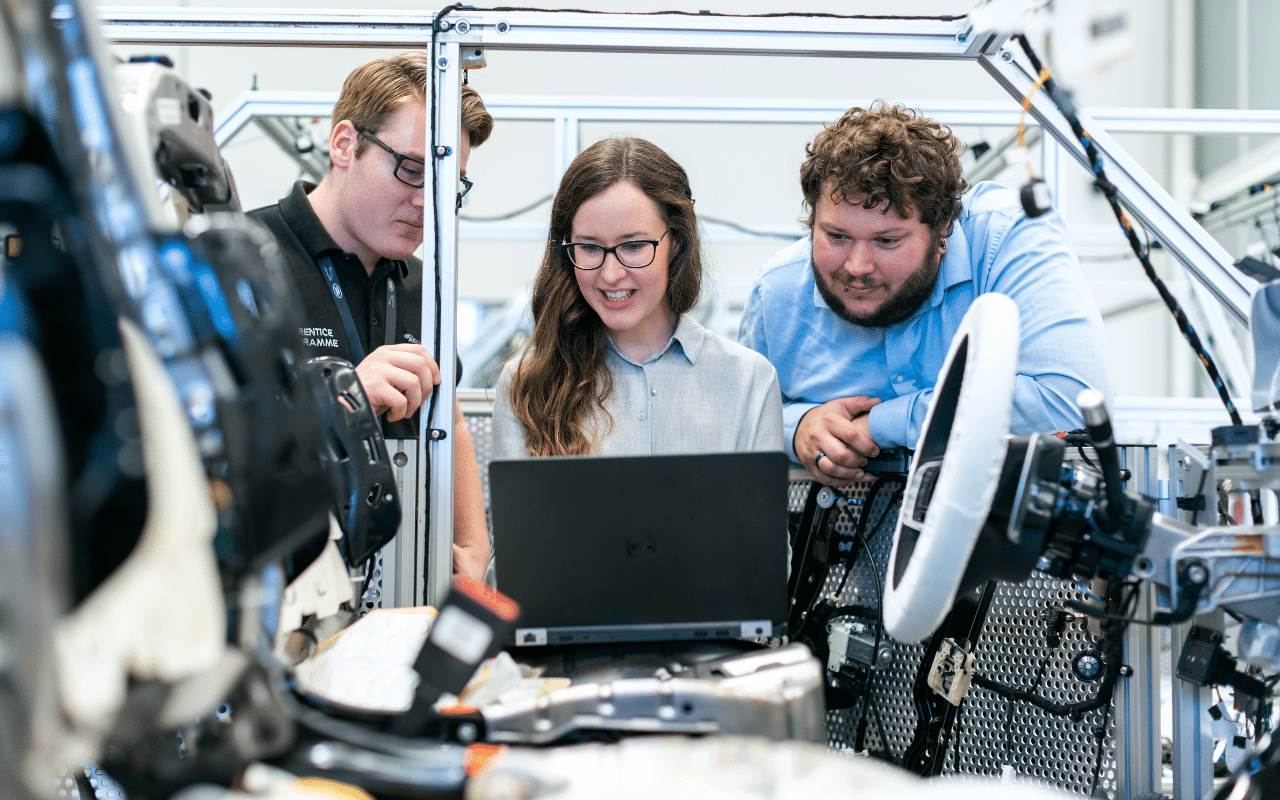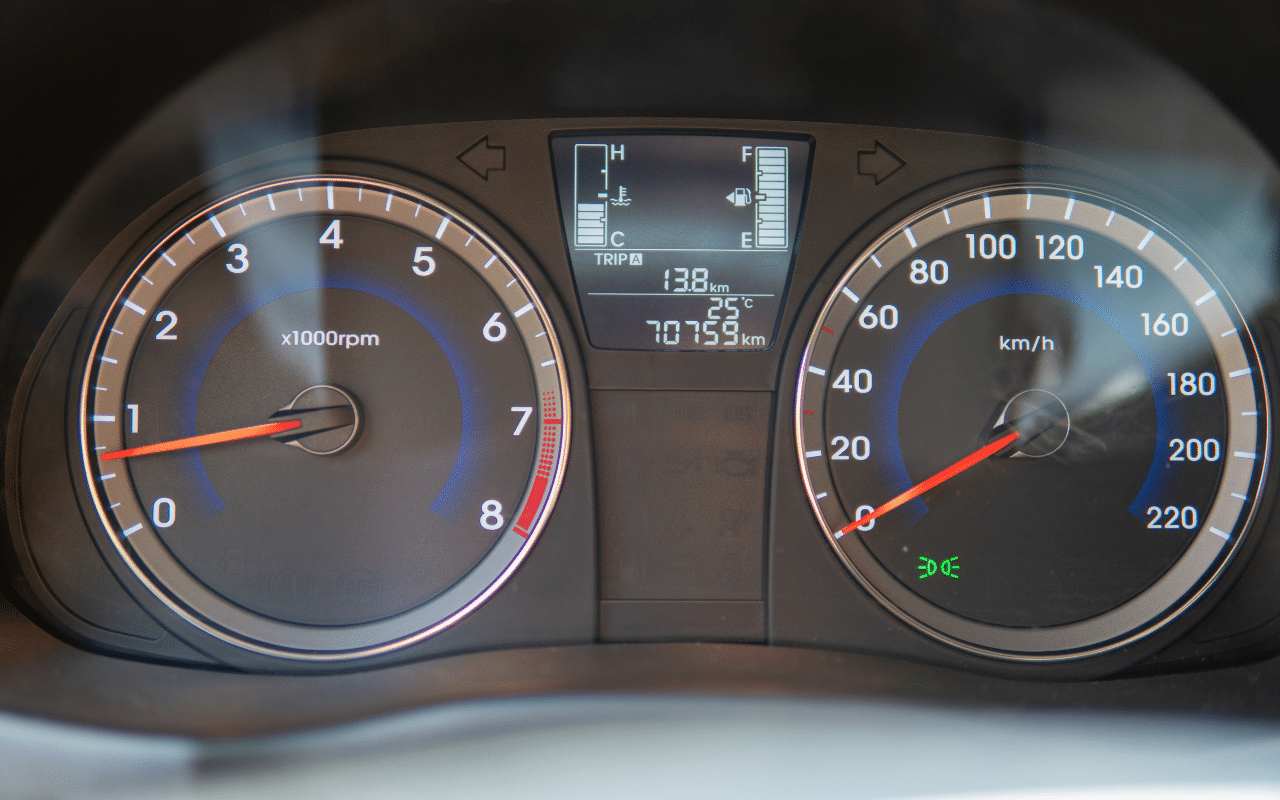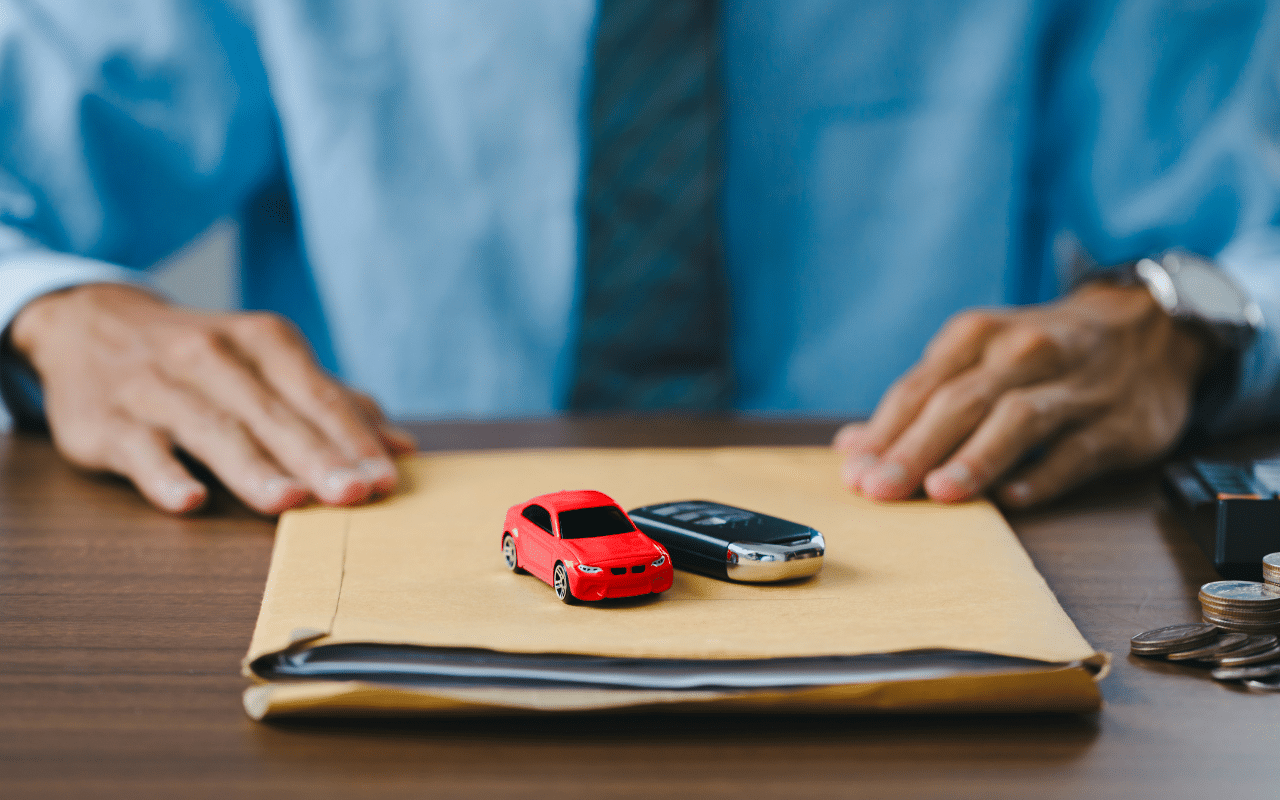

The used car market can be tricky, especially for first-time buyers. Critical factors must be considered, from vehicle history to mechanical inspections, before buying a car second hand. This guide will show you some of the most important things to consider so you can buy a used car confidently.

Setting a clear budget is essential before diving into the used car market. This budget should include the purchase price and additional expenses like registration, insurance, potential repairs, and maintenance.
Pro tip: Always leave room in your budget for unexpected repairs or costs. For example, if your maximum spend is $20,000, aim to purchase a car priced at $18,000 to allow for any additional expenses.
If you plan to finance your second-hand car, shop for the best interest rates. Many financial institutions offer car loans, but rates and terms can vary. A pre-approved loan can give you a better idea of what you can afford and simplify the buying process.

Each car brand and model has its strengths and weaknesses. Some cars are known for their reliability, while others might have recurring mechanical issues. Researching the make and model you’re interested in will give you insights into common problems, repair costs, and overall dependability.
Websites and groups for reviewing cars can be very helpful. Search for user reviews of the car model you’re considering to identify recurring issues. For instance, some models might be prone to transmission problems or electrical faults, which could lead to costly repairs down the road.
Pro tip: Consider opting for a model with a solid reputation for reliability, such as a Toyota Corolla or a Honda Civic, especially if you’re looking for a daily driver.
One of the most critical steps in buying a second-hand car is obtaining its vehicle history report. This report will tell you if the car has been involved in accidents, how many owners it’s had, whether it has any outstanding loans, and if it’s been serviced regularly.
You can access a vehicle history report in Australia through services like the Personal Property Securities Register (PPSR) or RevsCheck. You only need the Vehicle Identification Number (VIN) or chassis number to start. A vehicle history report helps you avoid buying a car with hidden issues, such as past damage or unpaid debt.
Pro tip: Always double-check the VIN on the report against the number on the car itself.
Even with a clean vehicle history report, inspecting the car thoroughly is crucial. A visual check and a test drive will help you find problems that must be written down.
If you see rust, dents, or paint that doesn’t match, that could mean that the car has been in an accident or been fixed in the past. Check the condition of the tyres, as worn-out tyres can be an added expense. Ensure that all lights, mirrors, and wipers are in working order.
Check for signs of wear and tear inside the car, such as worn-out upholstery, broken seatbelts, or malfunctioning electronics. Pay attention to odd smells, such as mould or burning oil, which could indicate leaks or other issues.
While a visual inspection is helpful, it’s always best to get a professional mechanic to inspect the car before finalising the purchase. A mechanic can identify underlying mechanical issues that aren’t immediately obvious, such as problems with the engine, transmission, or brakes.
Pro tip: If the seller refuses to let you take the car to a mechanic, it’s a red flag. A trustworthy seller will understand the importance of a pre-purchase inspection.

The age of the car and its mileage are two crucial factors in determining its value and longevity. A vehicle with higher mileage will generally have more wear and tear, but newer cars with high mileage may still be in good condition if they’ve been well maintained.
While there’s no strict rule for “high” or “low” mileage, cars that average between 10,000 and 15,000 kilometres per year have reasonable mileage. For example, a 5-year-old car with around 60,000 to 75,000 kilometres would be in the normal range.
Used cars may have more damage but may also be less expensive. When buying an older car, consider the availability of spare parts, as some discontinued models can be costly to maintain due to limited parts availability.
Pro tip: Balance age and mileage based on your intended use. Consider a slightly newer car with moderate mileage if you need a reliable daily driver.

Some costs come with having a car beyond the initial purchase price. Maintenance, fuel consumption, registration, and insurance can all add up over time, so it’s important to factor these into your decision.
Fuel efficiency is especially important if you use the car for daily commutes. Look for vehicles that offer good kilometres per litre (km/L) to save on fuel costs over time. In Australia, many cars have a fuel consumption label that indicates the vehicle’s efficiency in various driving conditions.
The insurance cost can change based on the type of car, its age, and the driver’s past. It’s a good idea to get insurance quotes before purchasing so you know what to expect regarding premiums.
Pro tip: Cars with a higher safety rating and lower theft risk often have lower insurance premiums.
Once you’ve found a car that meets your criteria, it’s time to negotiate. The asking price is often flexible, and many sellers expect some negotiation. Use the information you’ve gathered from your research, vehicle inspection, and history report to justify your offer.
Check price guides like RedBook or CarsGuide to estimate what similar cars are selling for. These tools provide average market values based on make, model, year, and condition.
Pro tip: If the seller isn’t willing to negotiate or the price seems too high for the car’s condition, don’t hesitate to walk away. Plenty of second-hand cars are available, and patience often leads to a better deal.

Ensure all the paperwork is in order when you’re ready to purchase. This includes transferring the vehicle registration, getting a roadworthy certificate (if required in your state), and obtaining proof of ownership.

In Australia, both the buyer and seller need to complete transfer of ownership forms. These forms are typically available through your state’s Department of Transport. Ensure the seller provides a receipt and a copy of the signed transfer documents.
If you are careful and know what you’re doing, buying a used car can be a fun experience. By setting a budget, researching, and thoroughly inspecting the vehicle, you can avoid costly mistakes and drive away with a reliable car that suits your needs. Remember, patience is key—don’t rush into a decision; always prioritize safety and reliability over price.
Happy car hunting!
Found this blog useful? You can read more useful blog posts here.



For 10 years, our focus has been on one thing: to provide one style of product and to do it well.
Our wheel stops, speed humps and rumble bars meet Australian Standards, don’t fade, and we’ve never needed to replace one.

For 10 years, our focus has been on one thing: to provide one style of product and to do it well.
Our wheel stops, speed humps and rumble bars meet Australian Standards, don’t fade, and we’ve never needed to replace one.